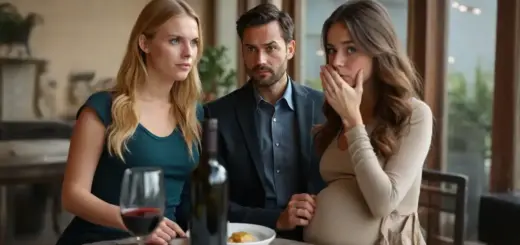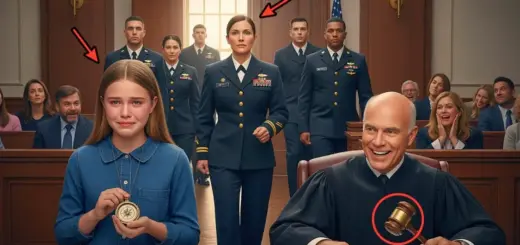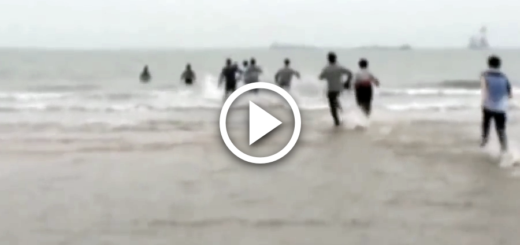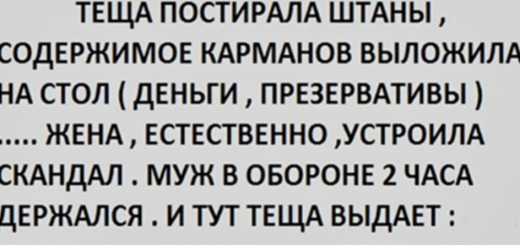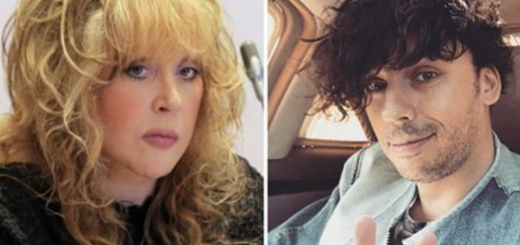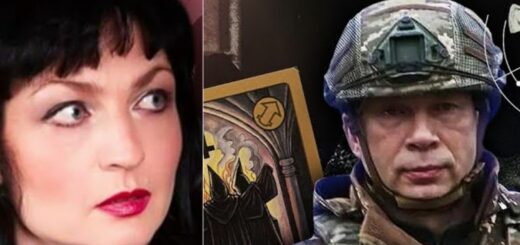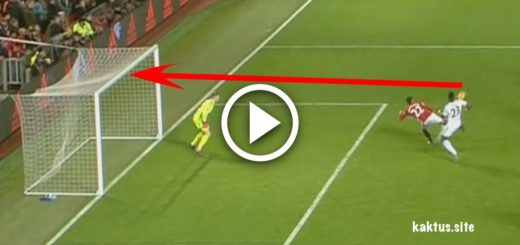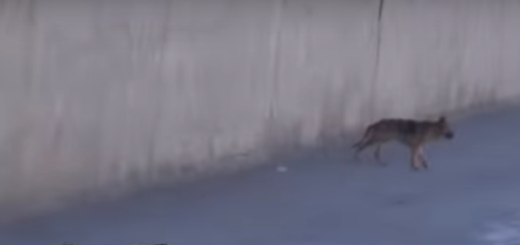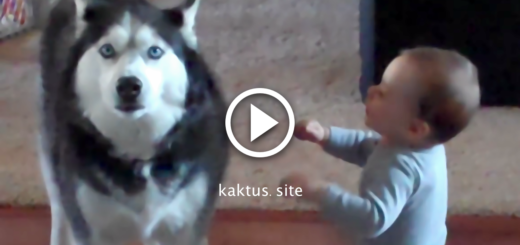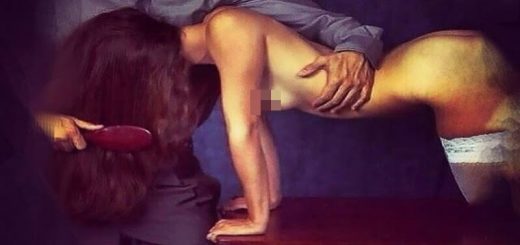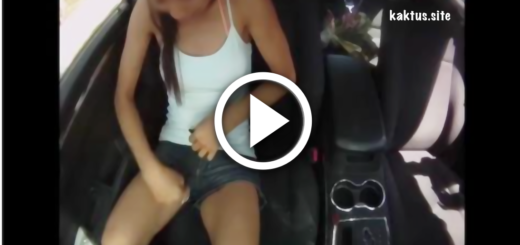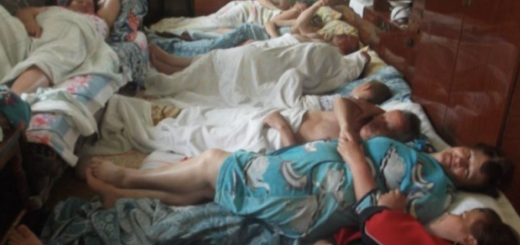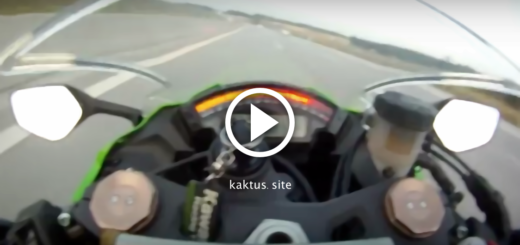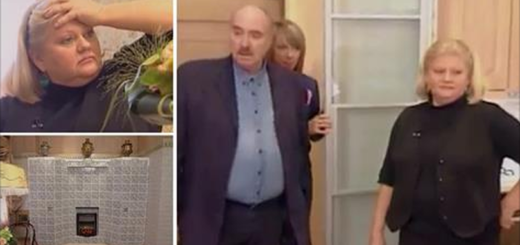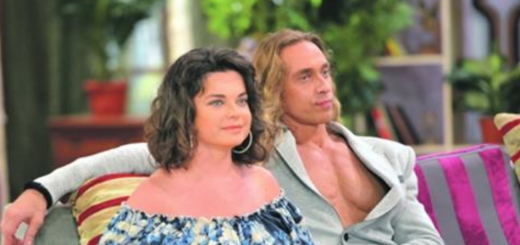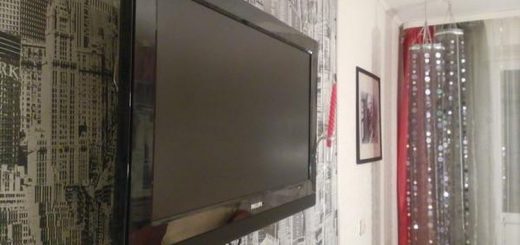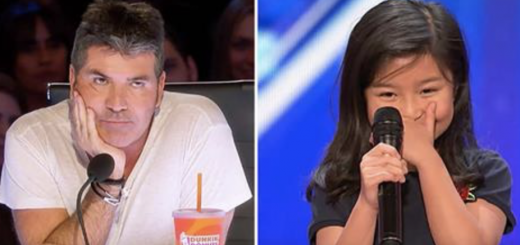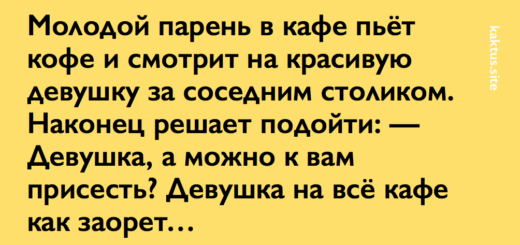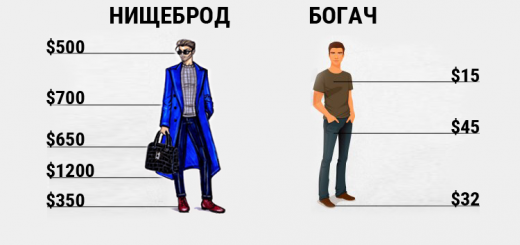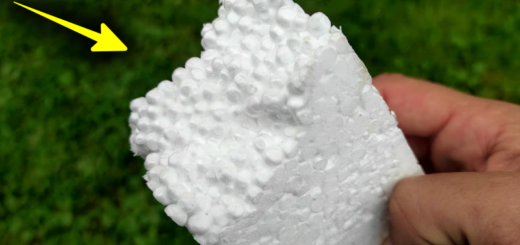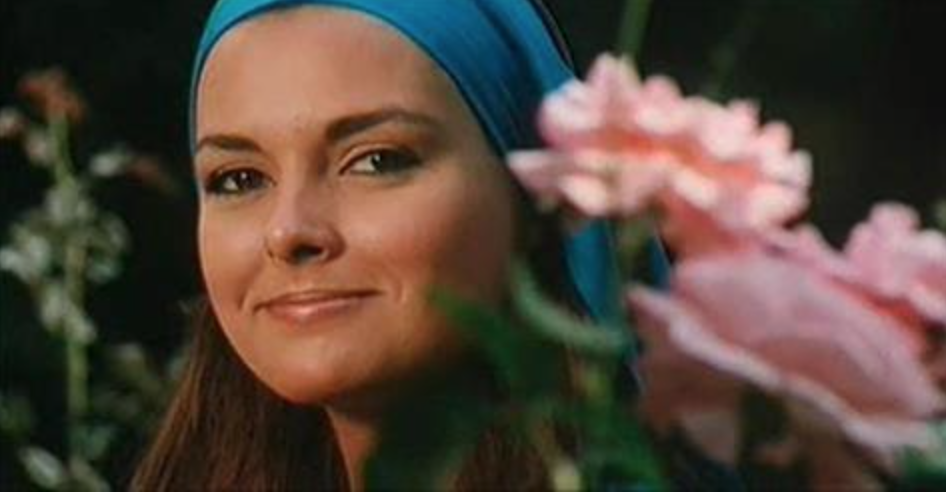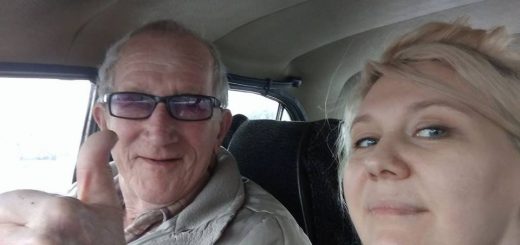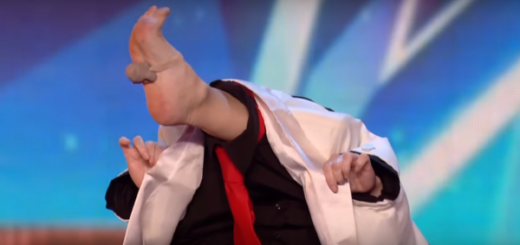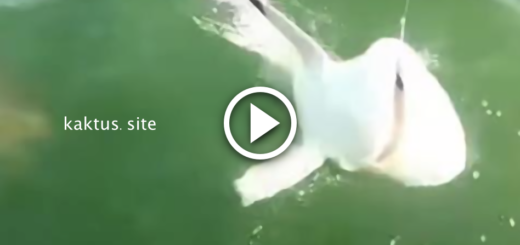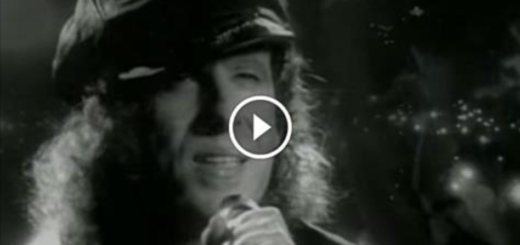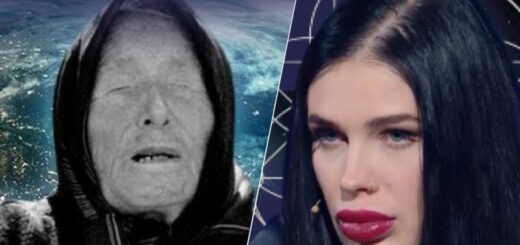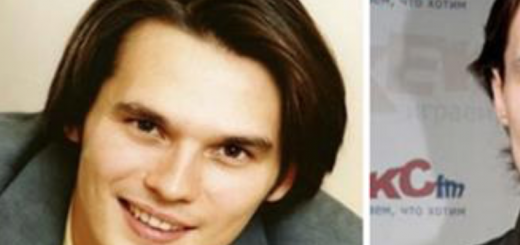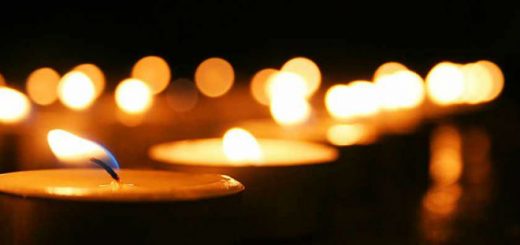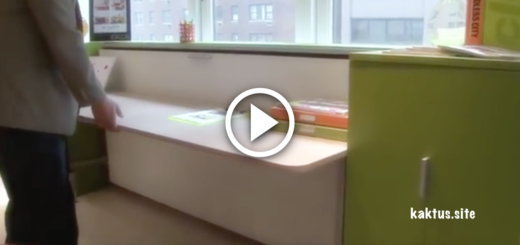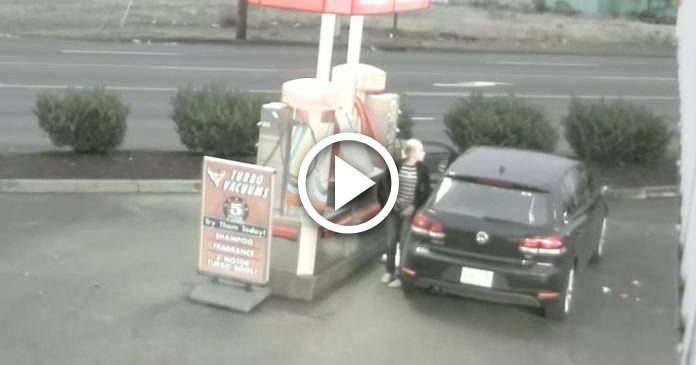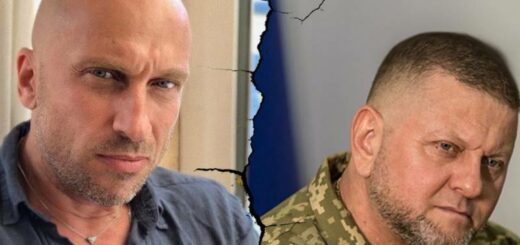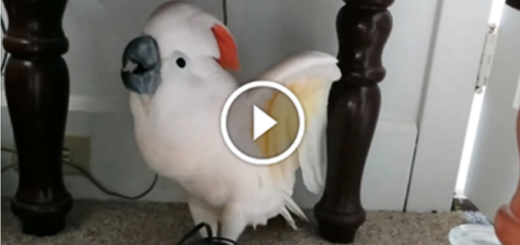Arthur scheduled a therapist, but by the time she arrived, Sophia was her usual self. Yet her words haunted him. That night, the PI called, his voice tight with a mixture of fear and awe.
- “Mr. Vance, you’re not going to believe this. Chicago. Three days ago. A boy at a pediatric hospital, catatonic since a car crash killed his parents, just… woke up. Doctors are baffled. But a night nurse swears she smelled swamp water in the room, and the security feed for that hallway went to static for exactly five minutes.”
Arthur’s hand tightened on the phone. New York. Chicago. He pulled up a map, his mind racing. Noah was moving across the country, a phantom leaving miracles in his wake. That night, he heard a voice in his study. It wasn’t Sophia’s. It was a dry, rasping whisper that seemed to rise from the floorboards.
- You can’t stop him.
Arthur bolted awake, drenched in sweat. He scrambled to the window. There, standing in the rain, was a figure. Taller than Noah, unnaturally thin, its face lost in the shadow of a hood. It lifted its head, revealing not a face, but two pits of absolute blackness. Arthur raced downstairs, but the garden was empty. The security feed showed only the rain.
The next morning, an old, yellowed envelope sat on his desk. No stamp. His name was scrawled across the front. Inside, a note: Four down, two to go. The fifth is you. You are the door. Stop him, or he won’t come back alone. The words «You are the door» burned in his mind.
He tore through his archives, through a decade of financial records. And he found it. A charity initiative. His company had funded a community youth center in New Orleans’ Lower Ninth Ward. He’d signed the contracts. And, to get a bigger tax write-off before the end of the fiscal year, he had approved the use of cheaper, substandard building materials. Six months later, Hurricane Katrina had turned that building into a tomb for five children who had sought shelter there. One of them was named Noah Carter.
Arthur stared at his own arrogant signature on the yellowed contract. His fault. His ambition. His greed. He was the cause. All night, he sat there, staring at a photo of the center’s dedication ceremony, the building’s windows like black, accusing eyes.
His private line shrieked, startling him. It was his assistant.
- “Mr. Vance, there’s a boy in the lobby. He says you’re expecting him. His name is Noah.”
Arthur rose, each step a monumental effort. Noah stood in the center of the vast, marble foyer. He looked older, wearier. A thin, white scar now traced a line down his cheek.
- “You knew I would come,” Noah said, holding out a slip of paper. An address. And one sentence: This is where it ends.
- “What is this place?” Arthur’s voice was a dry croak.
- “It’s the door,” Noah replied, his ancient eyes meeting Arthur’s. “You can close it. Or you can open it wide.”
Arthur stood in the grand foyer, the slip of paper—a map to his own damnation—clutched in his hand. The address was for an empty lot in the Lower Ninth Ward, the place where his ambition had curdled into tragedy.
- “Why there?” Arthur asked, the words tasting like ash.
- “Because that’s the door,” Noah said, his voice a whisper that seemed to carry the weight of the wind and the water. “You have a choice.”
- “And if I don’t go?”
- “Then it opens anyway. And everything on the other side will come through. For you. For Sophia.”
The threat was not in his voice, but in the cold, absolute certainty in his eyes. The boy turned, his small hand on the massive oak door.
- “I have one miracle left to perform,” he said, not looking back. “After that, I’m gone. But you can end this. You can stop it all. In New Orleans.”
He slipped out, the door clicking shut with a sound of chilling finality. Arthur knew he had no choice. He had to go. Not for himself, but for his daughter. And for the ghosts of five children whose names were seared into his soul.
He flew to New Orleans at dawn. The air in the Lower Ninth Ward was heavy, thick with humidity and the ghosts of what had been. The abandoned lot was a wound on the landscape, the building’s concrete foundation a gray scar. The air smelled of damp earth and river silt, and the breeze rustling through the overgrown weeds sounded like whispers.
Noah was already there. He stood near the crumbling entrance to the basement, holding a small, soot-stained doll.
- “You came,” he said.
- “What do I have to do?” Arthur asked, his voice raw.
- “Tell the truth,” Noah replied, gesturing to the black maw of the basement. “To them. To yourself. To the door.”
Arthur peered into the darkness, and a chorus of whispers erupted in his mind, a psychic scream of remembered terror. You knew. You let it happen. You are the father of the flood. He collapsed to his knees.
- “YES!” he screamed, the sound torn from his throat. “I’m guilty! I signed the papers! I cut the corners! I did it for money, for pride! I destroyed you! Forgive me! Please, forgive me!”
Silence. Absolute and profound. And then—footsteps. From the darkness, five small, translucent figures emerged. They looked at Arthur not with anger, but with a vast, heartbreaking sorrow. One of them, a little boy, stepped forward.
- “We were waiting,” he whispered. “Not for revenge. For the truth.”
Arthur took the scorched doll the boy offered. It was as cold as grave dirt.
- “I’ll give anything,” he sobbed. “My life. My soul. Just keep the darkness out.”
Noah stood beside him, his eyes now glowing with a soft, golden light.
- “You are the door,” he said. “A closed door.”
Arthur felt the ground tremble. He took a step toward the basement, toward the darkness that had haunted him for years. As he crossed the threshold, the darkness swirled around him, but the voices were different now. They were whispers of gratitude. You have confessed. Thank you.
From the world above, he heard Noah’s voice one last time.
- “Thank you. We won’t forget.”
A light erupted from the foundation—pure, blinding white. When it faded, the basement was gone, replaced by a perfect circle of smooth, white stone. In the center, a single green shoot pushed its way toward the sky.
Noah turned and walked away, the faint, fading voices of the five children trailing behind him like an echo. The fifth door was closed. Only one remained. But it wasn’t his to open.
Noah vanished into the humid twilight. Arthur was left alone beside the circle of white stone, the single green sprout a fragile promise in the ruins of his past. He flew back to New York that night, the words echoing in his mind: Only one remained. But it wasn’t mine to open.
Sophia met him on the mansion’s steps, her eyes shining with a wisdom far beyond her years.
- “Dad, you did it,” she said softly. “I felt it. A light.”
- “What are you talking about, honey?”
- “About him. About Noah. And them,” she said, looking past him. “They’re free. But he’s not finished yet.”
That night, in his study, he found the names of the children: Daniel, Sarah, Michael, Chloe, Noah. As he stared at their photos, a flicker of movement outside drew his eye. It was the tall, hooded figure. This time, Arthur didn’t run. He stood his ground.
- “I have atoned,” he whispered. “What more do you want?”
The figure dissolved into the fog. On his desk, where nothing had been before, lay another yellowed envelope. Inside: The final door is your truth.
His truth? What else was there? And then a memory, buried for decades, clawed its way to the surface. The New Orleans center wasn’t the first time. There was an earlier project, from when he was young and ruthless, in his own hometown of Havenwood, West Virginia. A small town library. To impress his first investors, he’d used cheaper materials. A year after it opened, a section of the roof collapsed. A little girl, Maria, was badly injured. He had paid the family off, and then he had run, burying the failure under a mountain of success.

